Would Thomas Edison make it through your hiring process?
Are your disability inclusion policies actively seeking the best people?
Thomas Edison was one of the greatest inventors of the modern world
Thomas Edison was a prolific inventor and entrepreneur whose creations revolutionised the modern world. He held over 1,000 patents, including those for the phonograph, the motion picture camera, and the electric light bulb. Edison's ingenuity and relentless pursuit of innovation led to the establishment of General Electric, one of the largest and most diversified industrial corporations in the world. His ability to turn ideas into practical products and his business acumen made him a key figure in the development of modern technology and industry.
The challenges Edison faced
Despite his remarkable achievements, it is arguable that Edison would pass the hiring policies of most companies today. Edison faced significant challenges, including severe hearing loss from a young age, which could have been seen as a barrier in a traditional hiring process. His condition made communication difficult and could have easily been perceived as a limitation. This highlights a critical issue: inclusion must be flexible and not a rigid policy. Otherwise, it ends up excluding the very people it is supposed to include.
The importance of flexible inclusion policies
Imagine the inventions we would have missed out on if Thomas Edison, as a young man with hearing loss, had not been able to reach his peak. This scenario underscores the importance of creating inclusive environments that accommodate diverse talents. Rigid policies can unintentionally exclude individuals who have the potential to make significant contributions.
Fostering innovation through inclusivity
To ensure your company is ready to welcome and support the next Thomas Edison, consider evaluating your current hiring practices and inclusion policies. It's essential to create an inclusive environment that fosters innovation and embraces diverse talents. This means being open to individuals with different abilities, backgrounds, and perspectives.
Key strategies for inclusive Hiring:
1. Assess your policies: Review your current hiring policies to identify any potential barriers that might exclude talented individuals. Ensure your policies are flexible and adaptable to different needs.
2. Embrace diversity: Promote a culture that values diversity and inclusivity. Encourage open communication and provide support for employees with diverse abilities.
3. Provide accommodations: Offer reasonable accommodations to support employees with disabilities. This can include assistive technologies, flexible working hours, and accessible workspaces.
4. Focus on skills and potential: Shift the focus from traditional qualifications to the skills and potential of candidates. Look for individuals who bring unique perspectives and innovative ideas.
Conclusion
Creating an inclusive hiring process is not just about compliance, it's about recognising the value that diverse talents bring to the table. By fostering an environment that supports innovation and embraces differences, your company can unlock the potential of individuals who, like Thomas Edison, may have faced barriers in a traditional hiring process.
Contact me today to arrange a free 1-hour consultation to assess the inclusivity of your hiring policies. Let's work together to create an inclusive environment that fosters innovation and embraces diverse talents.
#InclusiveHiring #DiversityAndInclusion #WorkplaceEquity #Innovation #DisabilityInclusion #InclusiveWorkplace #HR #PolicyChange #EmploymentSupport #Leadership #ThomasEdison







